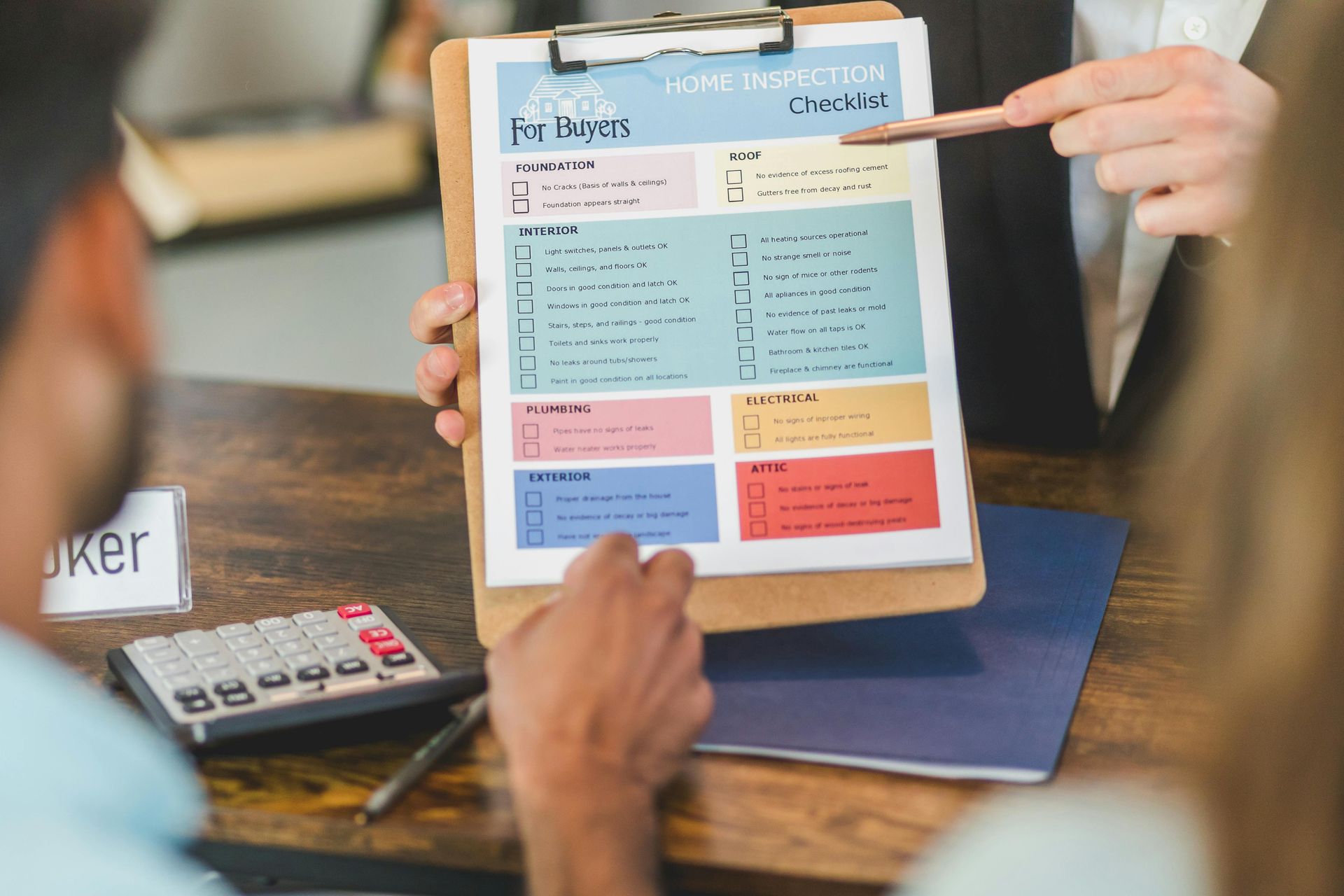Lock In Lower Property Taxes for Life: Why Smart Florida Homebuyers Are Rushing to Close Before January 1st
If you’re thinking about buying a home in Florida, the timing of your purchase could save you thousands of dollars in property taxes—not just this year, but potentially for decades to come. Yet most homebuyers have no idea this opportunity exists.

As a mortgage broker with over two decades in mortgage planning helping Florida families, I’ve had the privilege of guiding countless homebuyers toward strategies that maximize their long-term savings. One of the most powerful—yet least understood—opportunities involves Florida’s property tax assessment system. Today, I’m going to share exactly why closing on your home before January 1st could be one of the smartest financial moves you’ll ever make.
The Florida Property Tax Secret Most Buyers Don’t Know
Here’s what surprises most first-time Florida homebuyers: your property taxes aren’t based on what you paid for your home. They’re based on something called the “assessed value”—and understanding this difference is critical to your long-term financial success.
Let me break down the three values every Florida homeowner needs to understand:
Market Value is what you actually pay for the home—the price you and the seller agree upon. This is straightforward and exactly what you’d expect.
Appraised Value is what a professional appraiser determines the home is worth. Your lender requires this to make sure they’re not loaning you more than the property is worth. This typically aligns closely with market value.
Assessed Value is the number your county property appraiser assigns to your home specifically for calculating property taxes. Here’s the kicker: this number doesn’t have to match what you paid, and in Florida, once you establish your assessed value and claim homestead exemption, it’s protected from rising more than 3% per year—no matter how much your home’s actual value increases.
This 3% annual cap is called “Save Our Homes” protection, and it’s pure gold for Florida homeowners.
How Florida Property Tax Timing Actually Works
Florida property taxes operate on a calendar year cycle, but the timing can be confusing if you’re not familiar with the system. Here’s the timeline you need to understand:
January 1st is the critical date. This is when the county property appraiser takes a “snapshot” of who owns every property in the county. If you own the home on January 1st and it’s your primary residence, you can apply for homestead exemption for that entire tax year.
November is when property taxes are actually due. You’ll receive your tax bill in the fall, and it covers the entire calendar year of January through December.
Here’s why this matters for your purchase timing: If you close on a home in December 2025, you establish your assessed value baseline immediately. Come January 1st, 2026, you can file for homestead exemption and lock in that assessed value with Save Our Homes protection starting that very year.
But if you wait and close in January 2026, you’ve missed the assessment date and won’t be able to establish your homestead and assessment baseline until January 1st, 2027—potentially costing you an entire year of protection and savings.
The Save Our Homes Advantage: A Real-World Example
Let me show you how powerful this protection becomes over time with a real example I see constantly in the Florida market.
Imagine you buy a home for $400,000 and close in December 2025. Your assessed value starts at $400,000 (minus your $50,000 homestead exemption, but I’ll keep this simple for illustration).
Now let’s say the Florida housing market continues appreciating at even a modest 5% per year—which is below the historical average for many Florida markets.
Without Save Our Homes protection, your assessed value would rise with the market:
• Year 1: $400,000
• Year 5: $510,512
• Year 10: $651,558
• Year 20: $1,061,320
With Save Our Homes protection (3% annual cap):
• Year 1: $400,000
• Year 5: $450,611
• Year 10: $522,489
• Year 20: $722,041
At a property tax rate of 2% (typical for many Florida counties when you include all millage rates), by year 20 you’d be paying approximately $14,440 per year in property taxes WITH Save Our Homes versus $21,226 WITHOUT it.
That’s a difference of $6,786 per year—and it compounds every single year you own the home. Over those 20 years, you could save over $80,000 in property taxes simply because you established your homestead exemption and locked in your assessed value early.
Strategic Timing: Q4 Purchases vs. Waiting Until Spring
Many buyers tell me they want to wait until spring to buy because “that’s when the best inventory comes on the market.” While spring does traditionally see more listings, waiting could cost you significantly in property tax savings.
Consider this scenario: You’re looking at a $450,000 home in November 2025. If you close before January 1st, 2026, your assessed value is established at $450,000 for the 2026 tax year.
But let’s say you wait and buy a similar home in March 2026 for the same $450,000. You won’t be able to establish your homestead exemption until January 1st, 2027. During 2026, you’ll pay the previous owner’s assessed value for those months you own it, and you won’t get Save Our Homes protection until 2027.
Even worse: if the market appreciates between now and March, you might pay $465,000 for that similar home, meaning your assessed value baseline starts $15,000 higher—a difference that compounds over decades.
What About New Construction?
New construction buyers need to be especially strategic. When you buy a newly built home, the assessed value is often initially based on the land value only, because the home didn’t exist on the previous January 1st assessment date.
Your assessed value will jump to include the completed home value on the next January 1st after your home is finished. This is why closing on new construction in November or December—if possible—can be advantageous. You establish ownership before January 1st, allowing you to file for homestead exemption immediately and begin your Save Our Homes protection as soon as the full property value is assessed.
Understanding Your Property Tax Bill
When you receive your Florida property tax bill in November, you’ll notice it’s not just one tax—it’s a combination of multiple taxing authorities. You’re paying for county services, school district funding, city services (if applicable), water management districts, and various other local services.
This is why the effective tax rate varies significantly across Florida counties. Miami-Dade, Broward, Palm Beach, Orange, and Hillsborough counties all have different millage rates. Your total property tax bill is calculated by multiplying your assessed value by the total millage rate for all the taxing authorities in your area.
The homestead exemption removes $50,000 from your assessed value (with the first $25,000 applying to all taxes and the second $25,000 applying to everything except school district taxes). On top of that, the Save Our Homes protection caps how much your assessed value can increase annually.
Four Strategies to Maximize Your Property Tax Savings
Strategy 1: Close Before December 31st - If you’re already in the home buying process, push to close before year-end. Work with your lender and real estate agent to accelerate the timeline where possible.
Strategy 2: File for Homestead Immediately - You have until March 1st following the January 1st assessment date to file for homestead exemption. Don’t procrastinate—file as soon as you close and can prove residency.
Strategy 3: Review Your Assessment Annually - While Save Our Homes protects you from increases, it doesn’t prevent you from challenging an assessment if your home value actually decreases. Always review your TRIM (Truth in Millage) notice when it arrives in August.
Strategy 4: Understand Portability - If you’re selling a Florida home where you had homestead exemption and buying another in Florida, you may be able to transfer some of your Save Our Homes benefit to your new home. This “portability” can be incredibly valuable for move-up buyers.
The Bottom Line for Florida Homebuyers
Property tax assessment timing isn’t the most exciting part of buying a home, but it’s one of the most financially impactful decisions you’ll make. Establishing your assessed value early and protecting it with Save Our Homes can literally save you tens of thousands of dollars over the life of homeownership.
As we head into the final quarter of 2025, buyers who understand this timing advantage are positioning themselves not just to own a home, but to own it more affordably for decades to come.
If you’re considering buying a home in Florida and want to discuss how timing your purchase can maximize your long-term savings, I’d love to help you create a strategic plan that considers not just your mortgage rate and monthly payment, but your total cost of homeownership—including property taxes—over the years ahead.
That’s what over two decades in mortgage planning has taught me: the best financial decisions aren’t just about today’s transaction. They’re about setting yourself up for long-term success. And in Florida, that starts with understanding exactly when to make your move.
Start Your Mortgage Application with Treasure Coast Home Loans
Your Local Mortgage Broker
Mortgage Broker Port St. Lucie, Florida
Learn More About the Mortgage Process.
Check Out Our Google Verified Reviews










